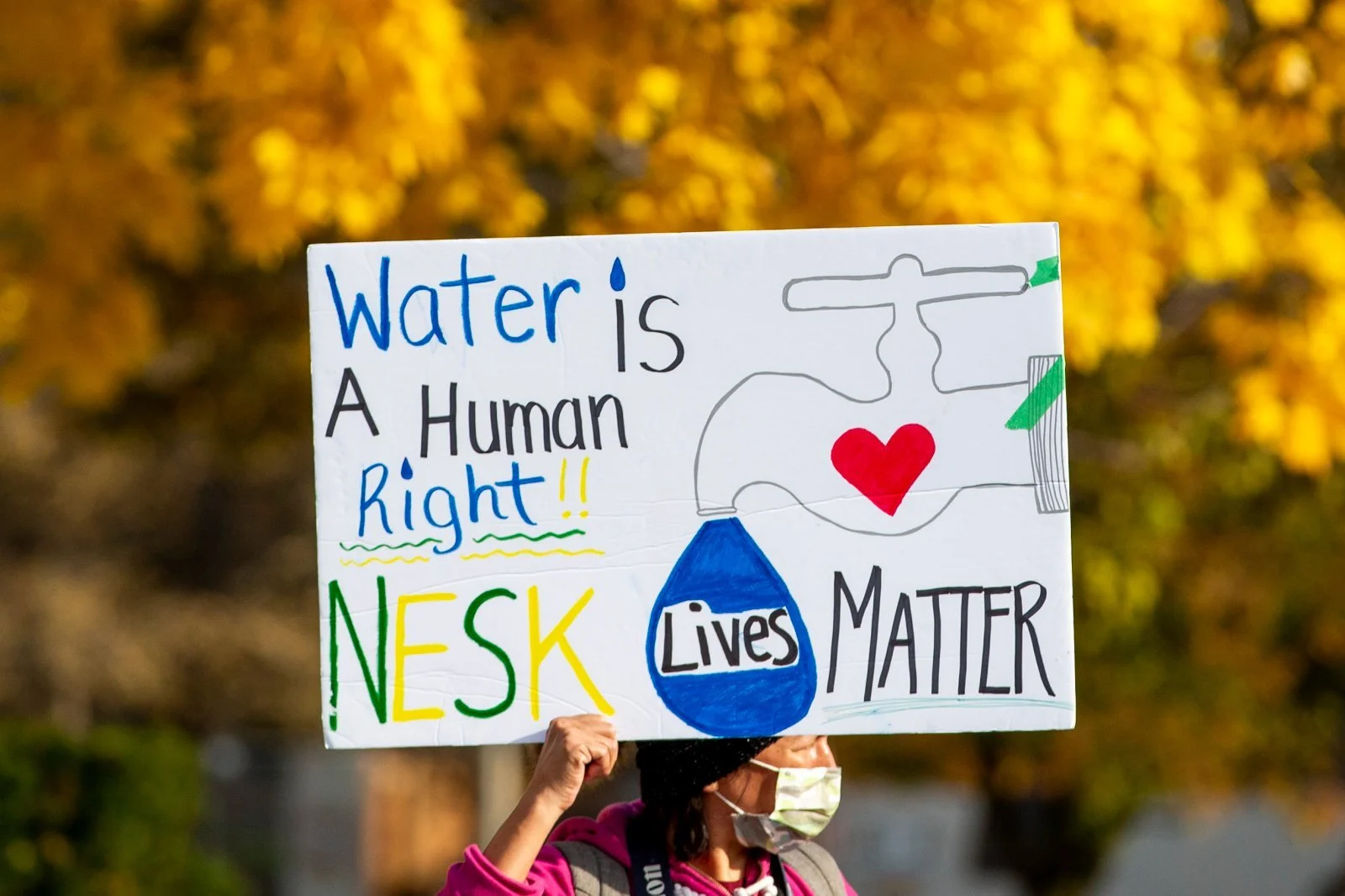More than 100 households in Newfoundland and Labrador have learned their well water contains dangerous levels of arsenic — and hundreds more across the province may be drinking the toxin without knowing it. The Department of Environment recently released the first batch of results from its free testing program for private wells it announced last year.
U.S. issues new warnings on 'forever chemicals' in drinking water
The U.S. Environmental Protection Agency on Wednesday released new warnings for synthetic pollutants in drinking water known as "forever chemicals" saying the toxins can still be harmful even at levels so low they are not detectable. The family of toxic chemicals known as per-and polyfluoroalkyl substances, or PFAS, have been used for decades in household products such as non-stick cookware, stain- and water-resistant textiles and in firefighting foam and industrial products.
How colonial systems have left some First Nations without drinking water
Rebecca Zagozewski, executive director of the Saskatchewan First Nations Water Association, said she has seen contractors save on costs when building water treatment plants on reserves by using obsolete parts and failing to include maintenance manuals, ventilation or chemical rooms, and bathrooms. “Engineering companies will put in their bids obviously as low as they can go,” said Zagozewski.
Testing the waters: Do Regina's asbestos-cement water mains pose a risk?
Snaking beneath Regina's streets are 600 kilometres of water mains built with asbestos-cement. That's about 60 per cent of some 1,000 kilometres of the mains that deliver water to homes around the city. Increasingly, some scientists and communities are questioning the wisdom in having drinking water flowing through pipes constructed from asbestos fibres.





